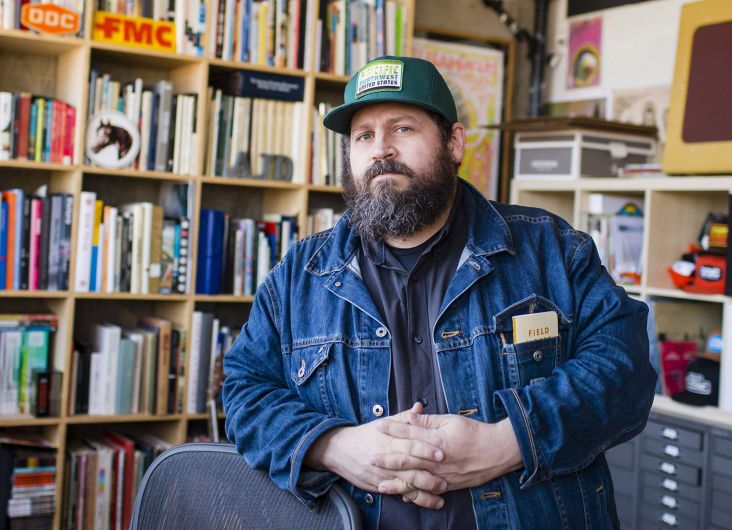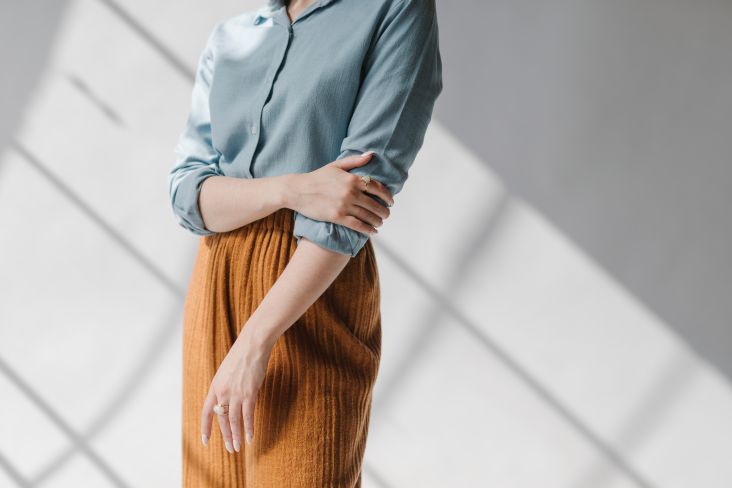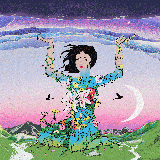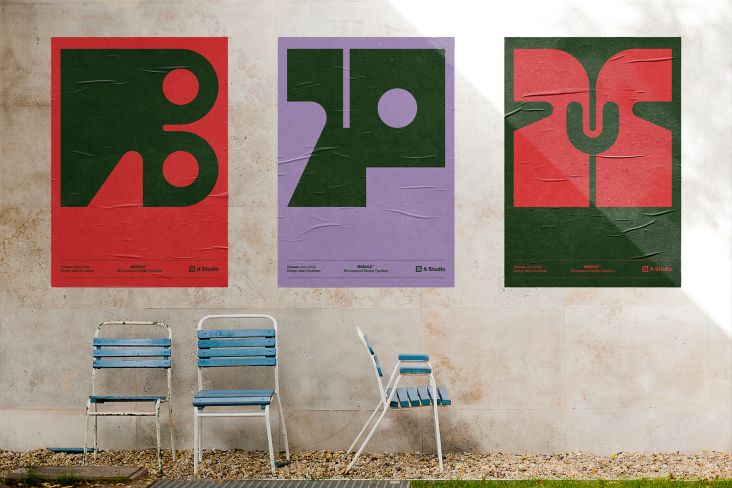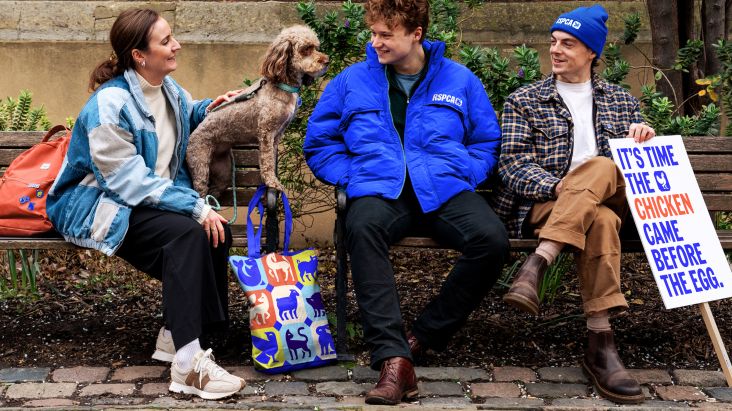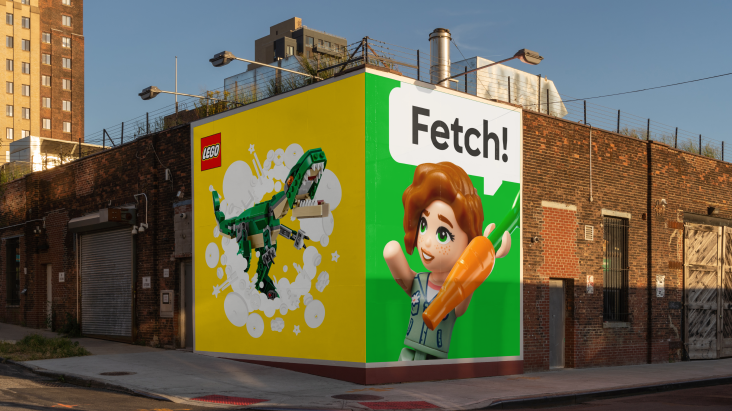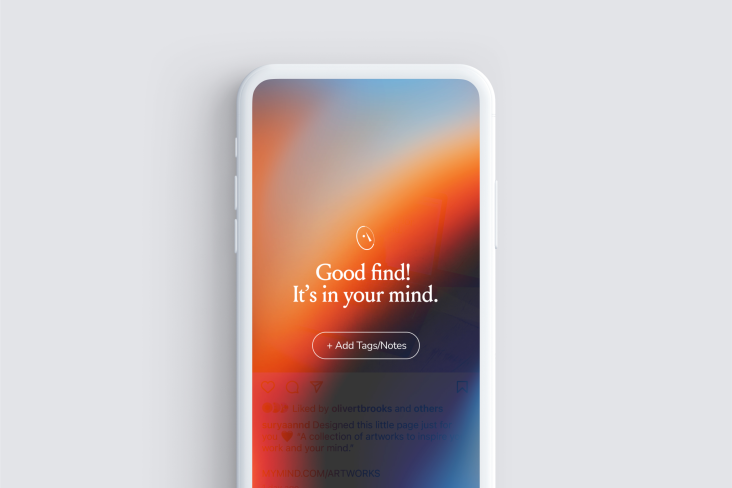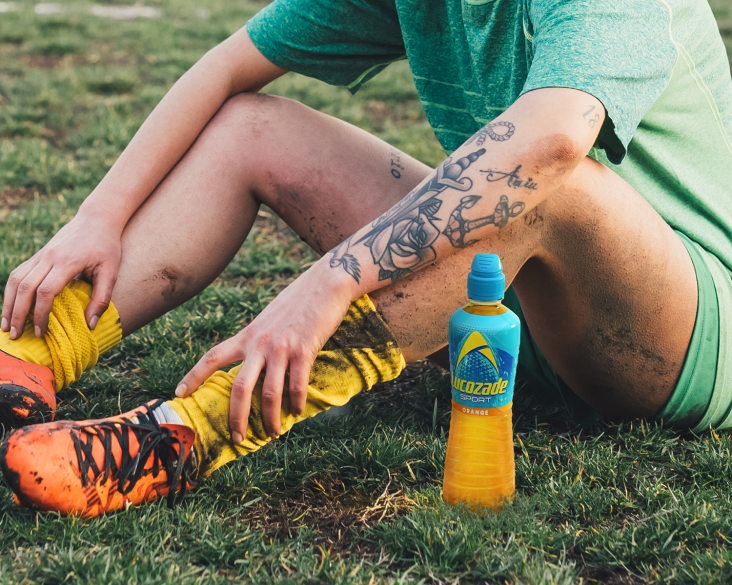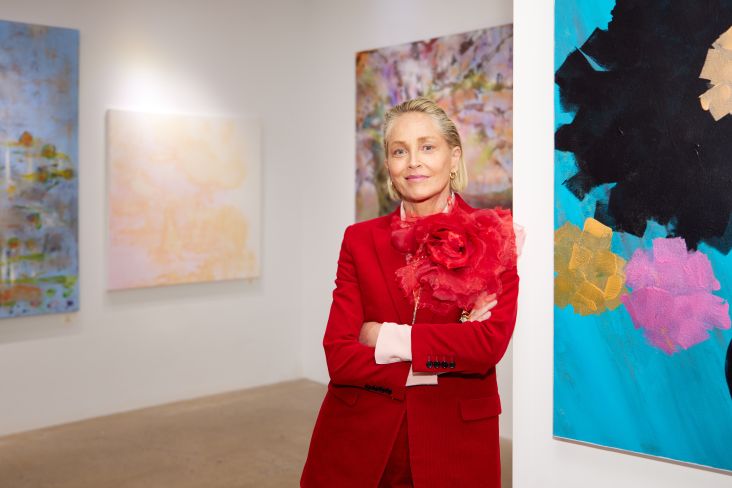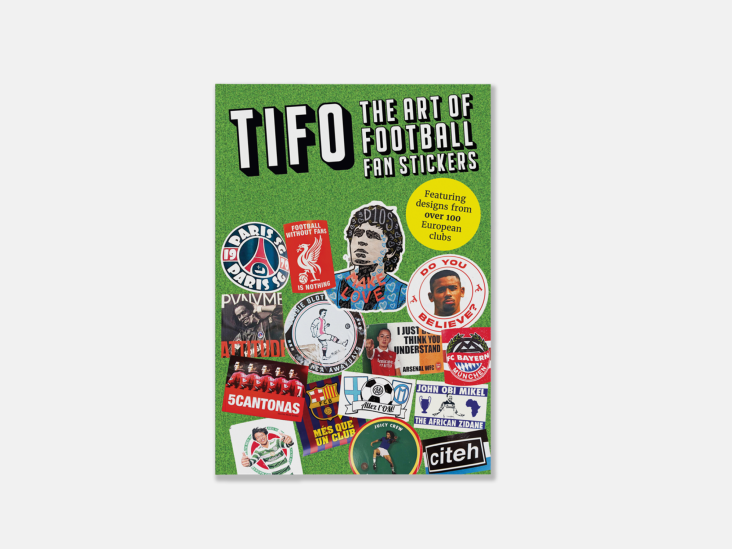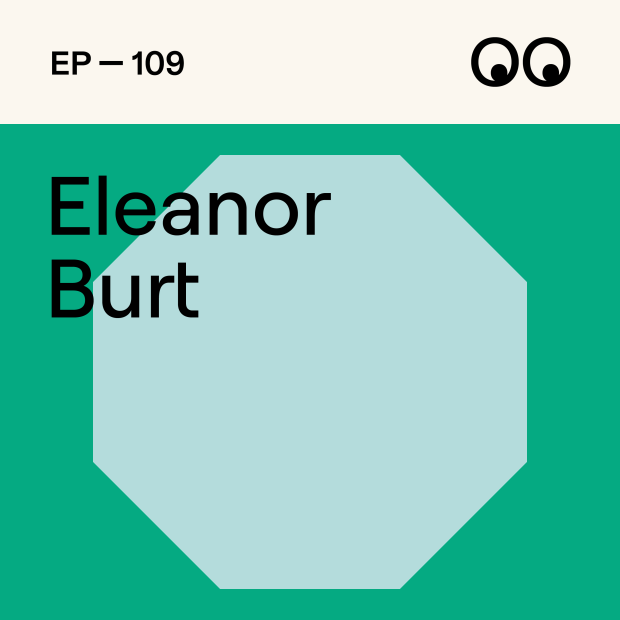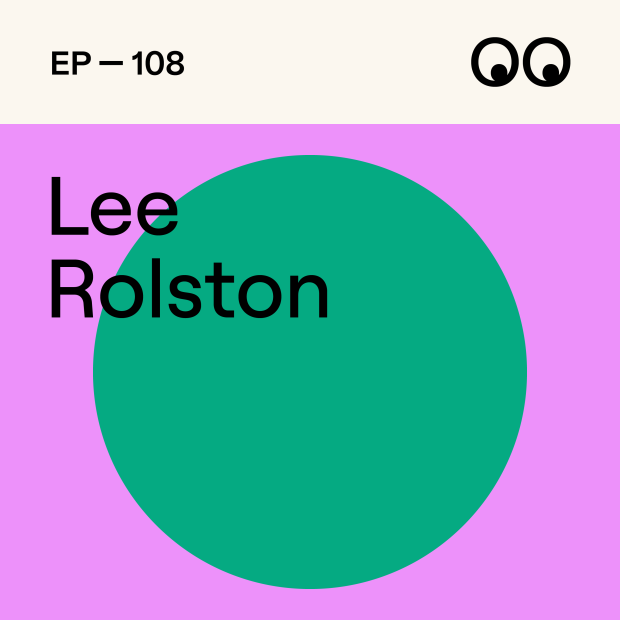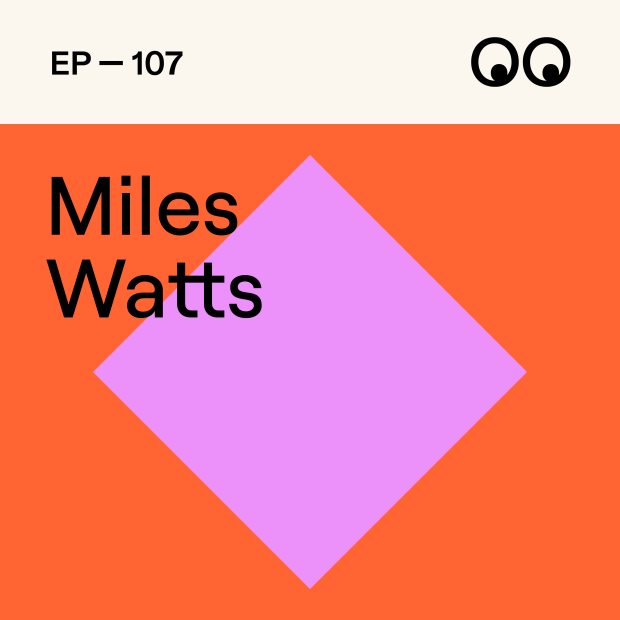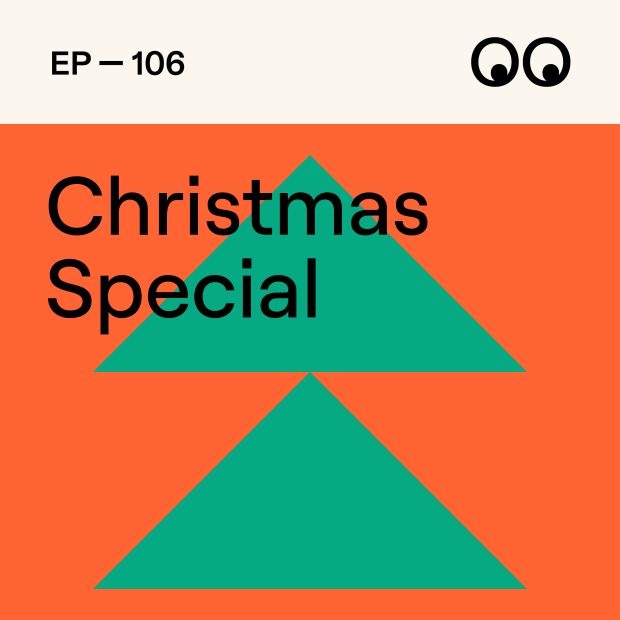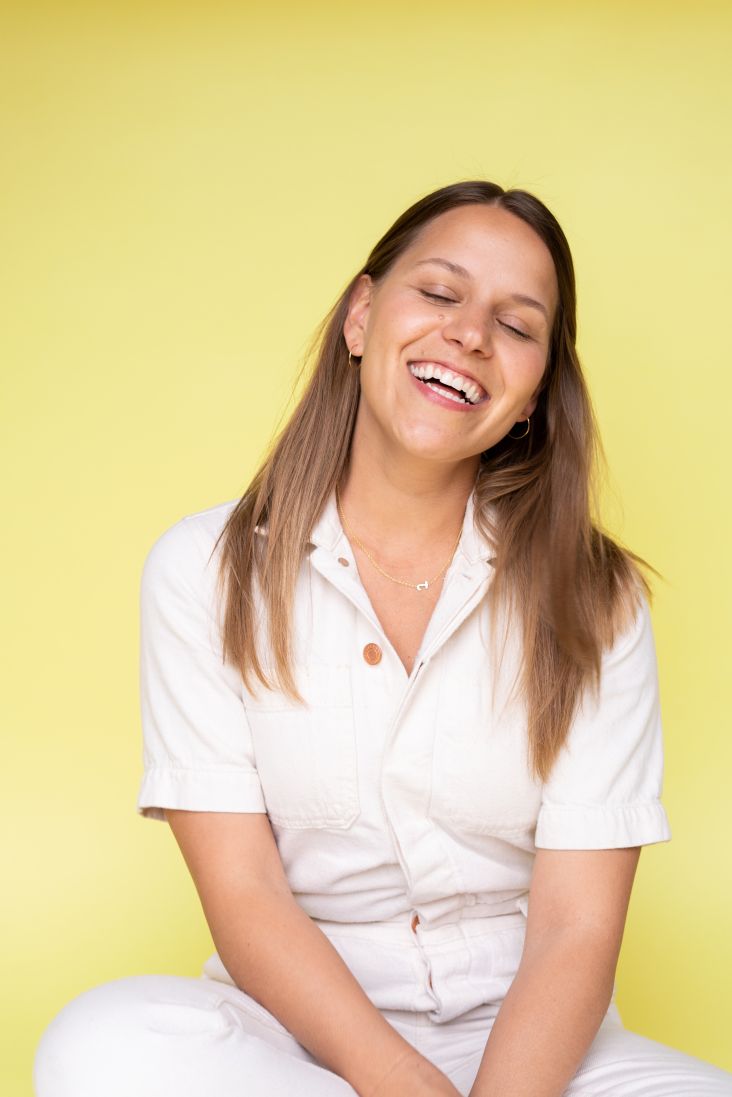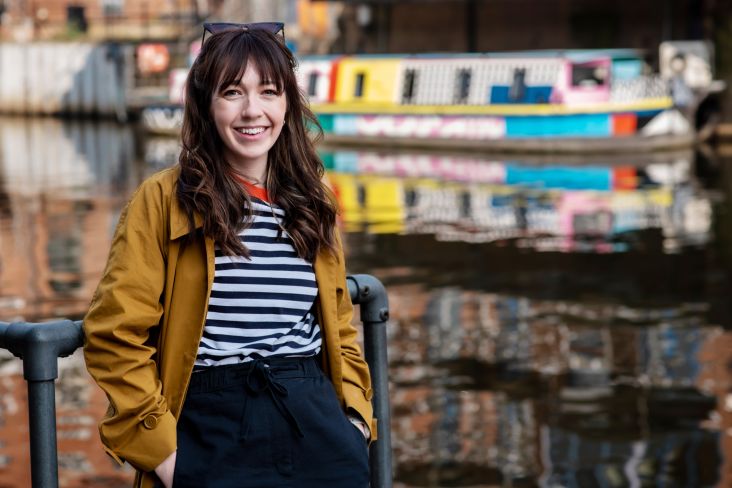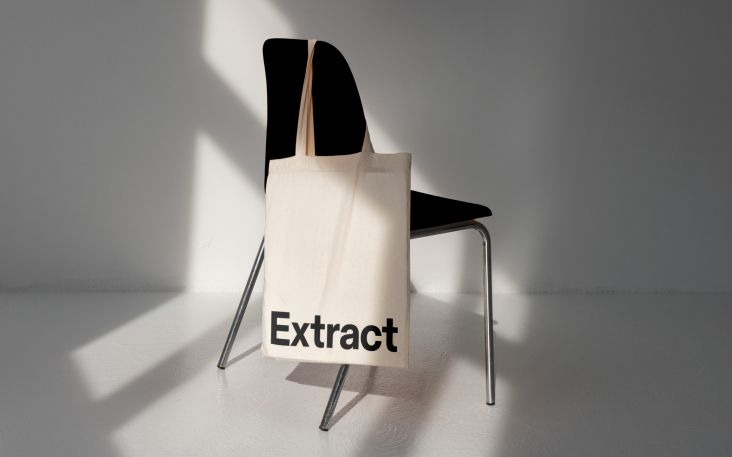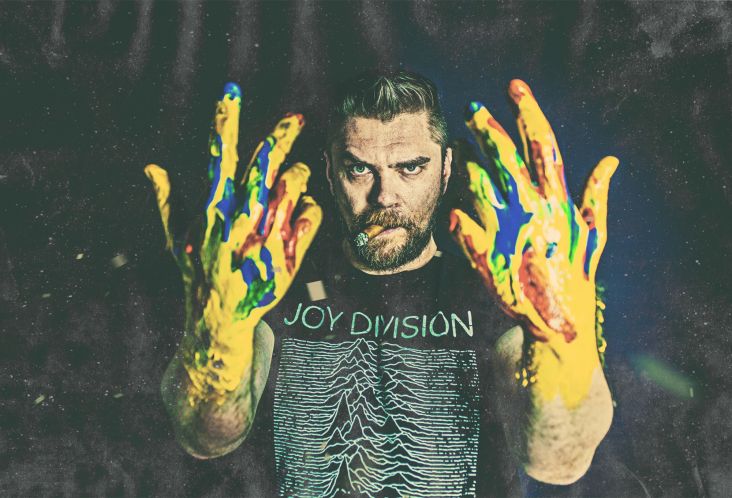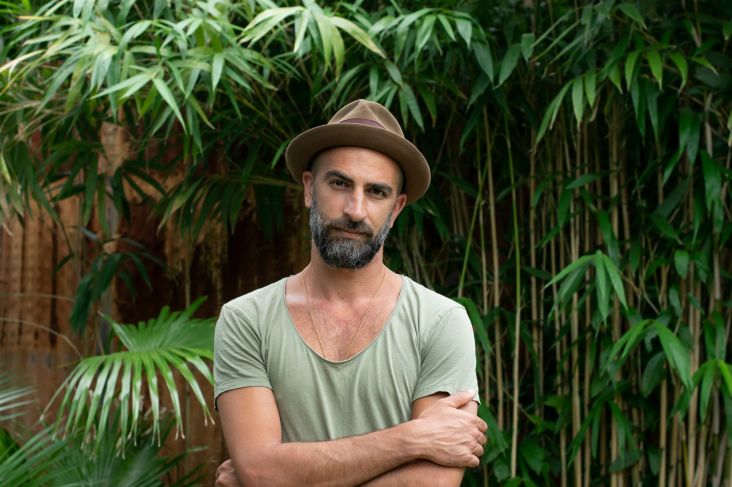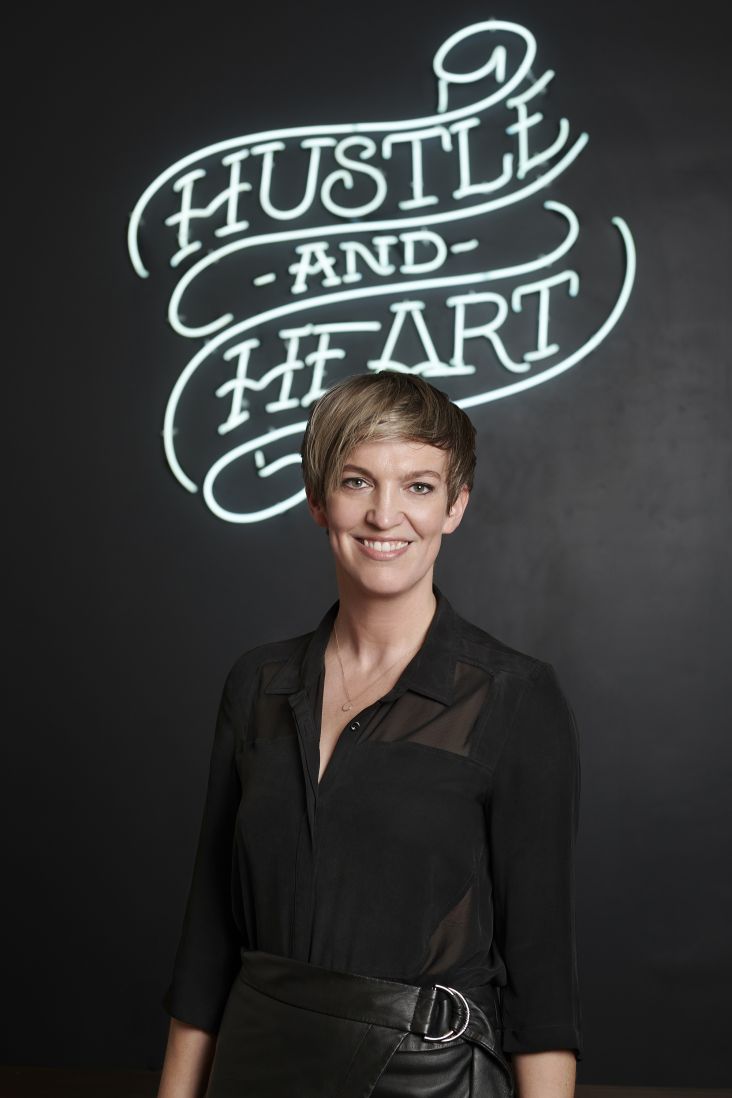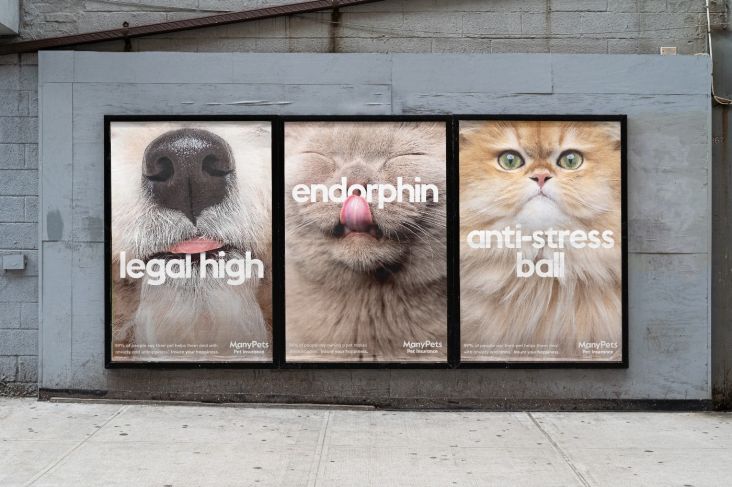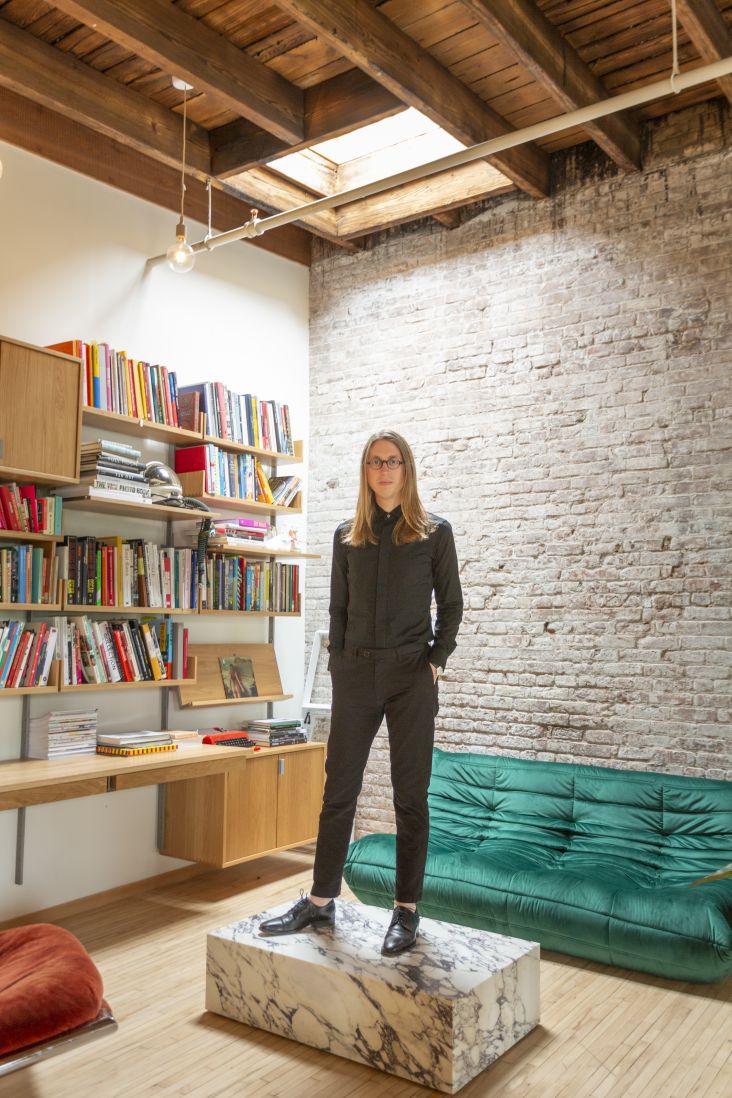Sarah Madden on slowing down and finding escape through an exciting leap into freelancing
It took a global pandemic to slow many of us down and make others reassess their entire lives. For Sarah Madden, a graphic designer based in Leeds, she realised she wanted to embrace freelance illustration and design full-time to explore a better lifestyle.
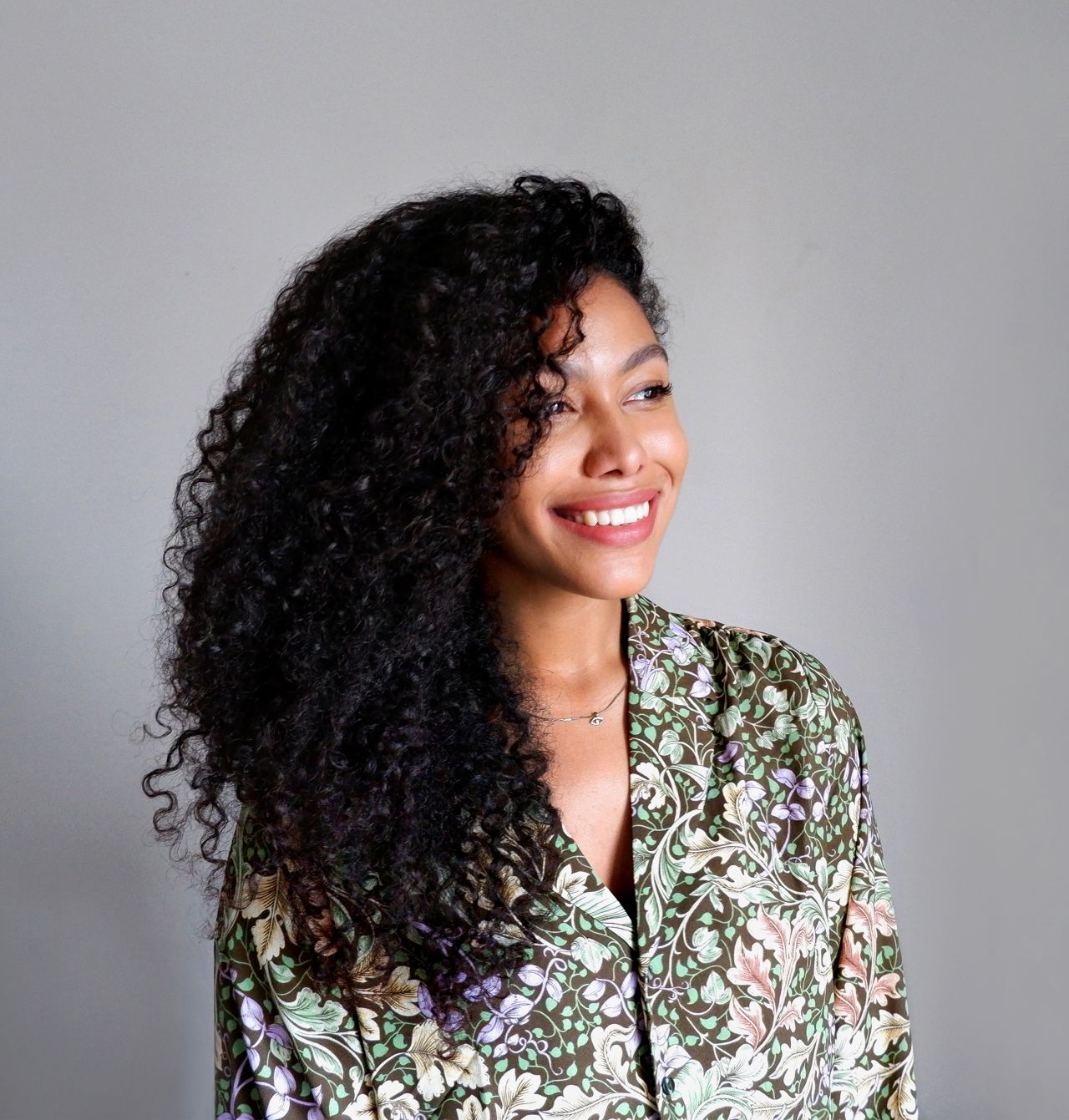
Now, for those of you working as sole traders, you might think freelancing doesn't quite offer the escape from the rat race many of us dream of, but Sarah Madden has made it possible. Having previously worked for a couple of design studios in Leeds, Sarah worked longer hours when other staff had been put on furlough.
Verging on the edge of burnout, an affliction sadly imposed on so many of us recently, Sarah decided enough was enough. She'd been illustrating on the side to make some extra cash and had the realisation that she could go for it and make illustration part of her full-time gig. So at the beginning of June, she handed in her notice to her agency boss and declared herself an official freelance illustrator and designer.
With clients already ranging from Adobe, Facebook, Google and – the dream for any artist – The New Yorker, Sarah's future looks very promising. We wanted to hear more about her epiphany and move to launch her own business. And we wanted to discover how she's made it all possible and whether that dream of escape has come true.
You've had a lot of success so far. Have you always been a driven person?
I've always been interested in art, drawing, and being creative. My parents were supportive and allowed me to explore and flourish in this space. They didn't go to university and were from working-class backgrounds. My dad was a welder, and my mother was a support worker. There was never any pressure to go to uni or focus on maths and science. I was also the third child, so I'm sure they just wanted me to get on with it and do my own thing. [Laughs]
I've had a few pivots during my career. I've made changes and followed my gut. Truthfully, though, I don't really feel like I know what I'm doing. [Laughs]
That's refreshing to hear. It feels like the creative industry is becoming more honest. Would you agree with that?
Yes. I worked for a couple of design agencies around Leeds before going freelance. The managing director at my last workplace was very honest and talked openly about her mental health, encouraging her staff to do the same. She would admit when she felt anxious or overwhelmed. That shared vulnerability was something we appreciated. It made me realise that we're all figuring things out, and none of us is working at 100% all of the time. Successful people are human like me. It's a relief.
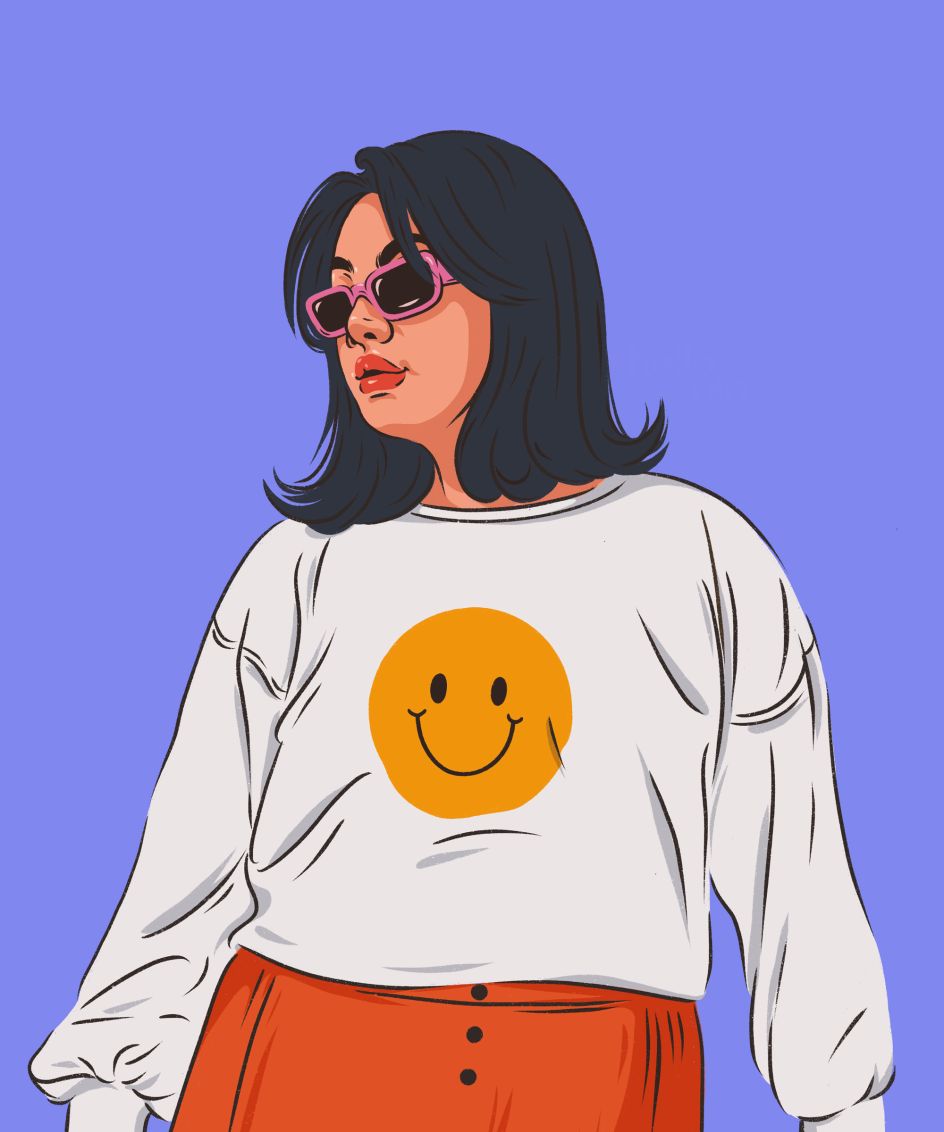
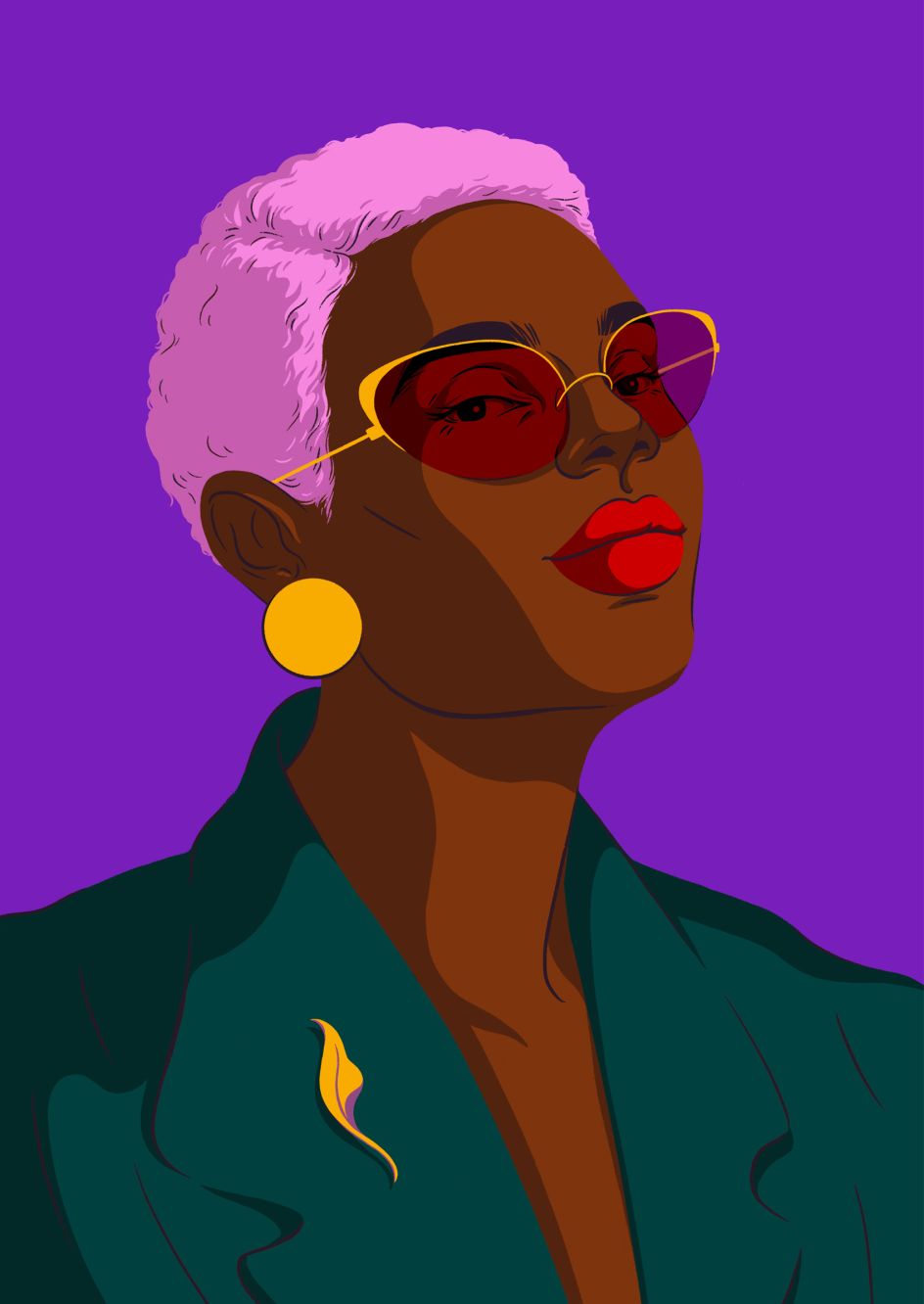
You're based in Leeds?
Yes, I'm from Sheffield, where my mum still lives, and I came here to study Fine Art at Leeds University. I graduated and found a job in marketing initially. It was a role linked to the industry I was hoping to eventually break into. And that would give me relative experience and insights. It was a really useful experience.
You're lucky because you live in a city where the first thing someone asks you isn't 'What do you do?'. It's not like London.
Yeah, we were always told that London was the place to be – particularly if you want a decent creative career or to be a successful artist. The impression was that London was home to the best agencies and galleries and was the only real city to consider. But, to be honest, even though I love visiting London, I can't imagine myself living there. I'm not keen on crowds. Being a girl from Yorkshire, I just wanted to stay near my home.
Do you think this idea that you only "make it" in London is true?
I don't know what "make it" means. I've been questioning this a lot lately. What does it mean to be successful, and what does success even look like? It means different things to different people. As for London, the tutors on my course hadn't worked in the creative industry for some time, so it's no surprise they considered the capital a great career move. But today, there are so many thriving studios and agencies outside of London that it's possible to be a success anywhere. For instance, there's loads of opportunity blossoming here in the North, especially in Leeds and Manchester. And there are loads of talented individuals up this way, too.
So, what does success look like to you?
I'm not sure. It's interesting that you previously described me as 'driven'. That's definitely true. But I didn't realise I was like that until about a year ago. After speaking to friends, it seems to be one of my traits. In that, I take the initiative, set goals, and work hard. I figure out what I need to do to achieve whatever I've set my heart on. If that's a definition of success – the ability to be constantly improving – then that's enough for me.
There has been so much self-doubt and imposter syndrome throughout my career that I've had to fight. It's a common thing for all of us. Every day you have to overcome it. Otherwise, it will keep eating away at your ability to succeed.
You've just gone freelance. How does that feel?
You know, it's interesting. I'm usually risk-averse and have a lot of financial anxiety because I didn't grow up in a super stable environment – money was sometimes tight. But on this occasion, I've just gone for it. I'm totally unprepared. My website hasn't yet been updated. And to not have a consistent income every month is terrifying. [Laughs] Despite all that, I felt I had no other choice. I was doing really well at my former agency, and my boss was happy with my performance. But there was something not quite right. I couldn't put my finger on it, but I knew I had to leave.
But you were somewhat prepared?
Absolutely. I was lucky enough to have been freelancing on the side for 18 months. It meant I'd built a portfolio and clients, so it wasn't a cold start. I also saved money to have a buffer zone, just in case.
So, would you define yourself as an illustrator now? Is it difficult to describe what you do, given you're also a designer?
Hybrid jobs are a thing. Job titles don't really relate to the creative multidisciplinary roles we now have. You could be doing UX design as a graphic designer or dabbling in illustration, so what would you call that?
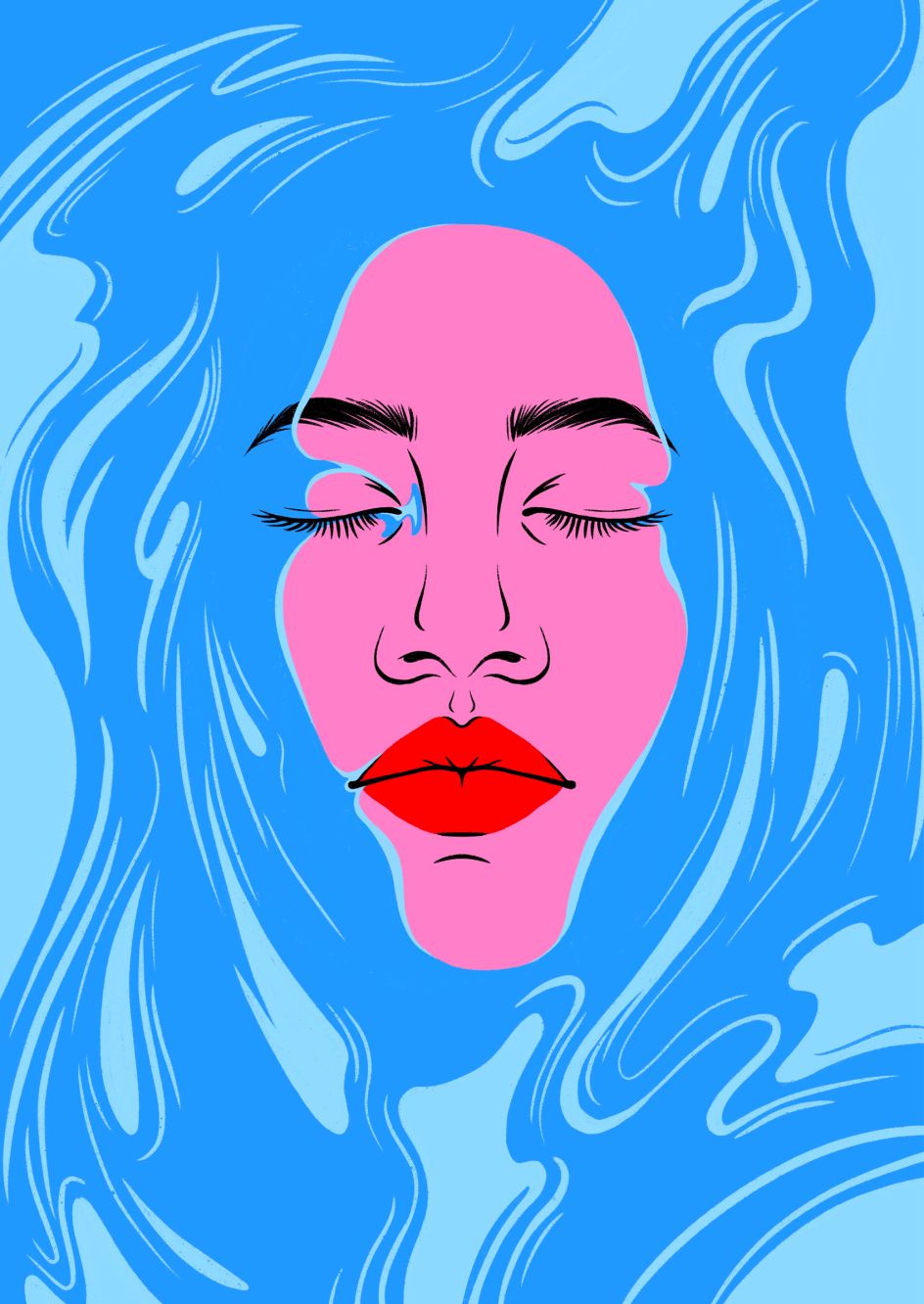
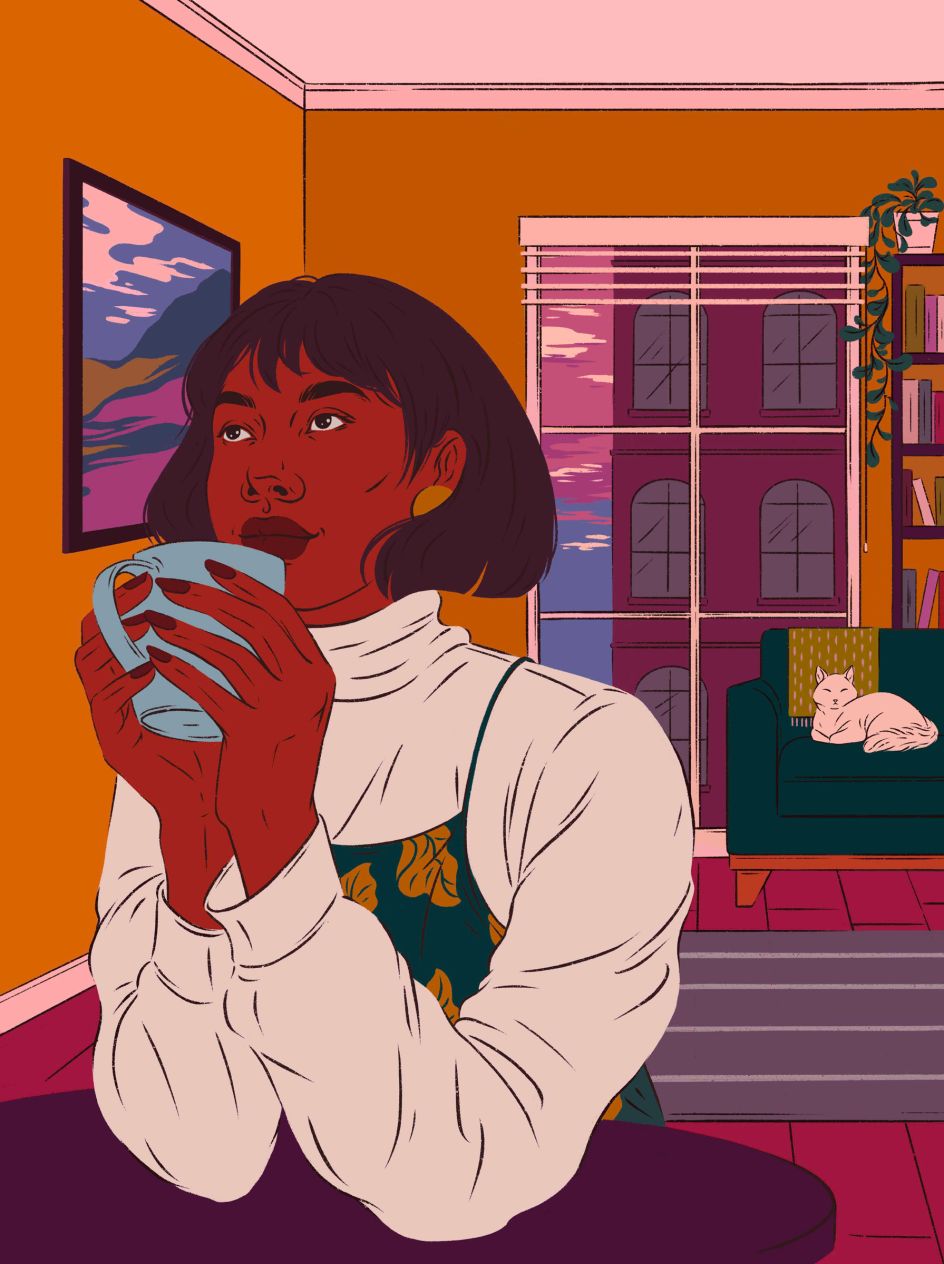
Having enjoyed a varied background, you'll only add strength to your list of skills as an illustrator.
There has been so much self-doubt and imposter syndrome throughout my career that I've had to fight. It's a common thing for many of us. You have to actively overcome it with every challenge and every career stepping stone. Otherwise, it will keep eating away at your ability to succeed. I've had to throw myself into freelancing and embrace those low confidence days, reminding myself that we all struggle. And that it's normal.
A big thing that has helped me is to believe that I add value. I'm constantly reminding myself that I got the job because I do good work. I am in this meeting because I have good ideas and opinions. Creative Boom has asked me to do an interview because I'm doing something interesting.
Give yourself a deadline of September to refresh your website. But take this summer to prioritise yourself and rest.
I appreciate that so much. Do you have any other tips? [Laughs]
[Laughs] Well, I think we're all feeling exhausted now. It's no surprise, given we've just endured a pandemic.
It feels a bit bleak, doesn't it! I'm counting my blessings, though. My family and friends are safe and well. I worked throughout the pandemic and avoided furlough, which felt like I had more of a sense of security than others. And working from home was lovely, as I have a nice peaceful flat. I had a very easy ride compared to others. But gosh, it was a massive world-changer. I wondered what the world might look like in future.
It also made me reevaluate my life. Do I want to slow down? Well, yes. Agency life has hard deadlines and crazy hours, occasionally working until the early hours. And that was normal and doable for me. But it's hard to manage if your mental health and wellbeing take a hit. I am questioning whether there is a different way, a better way. I hope to figure that out during my time freelancing.
It makes you question what's important. We're all still figuring out what's next.
I don't know what it looks like. It's important to keep an open mind and address these thoughts and questions. And to know that everything is going to be ok.
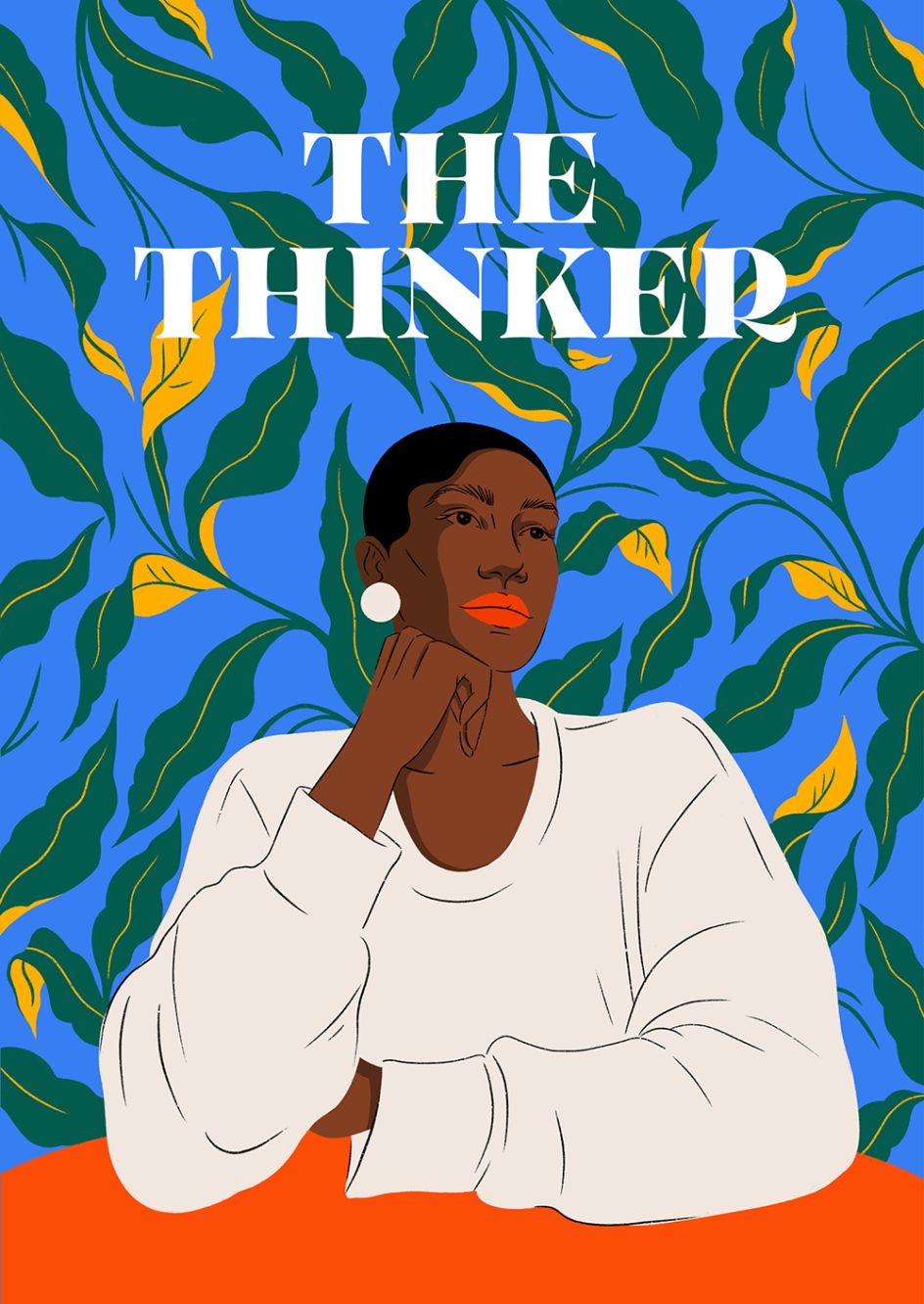
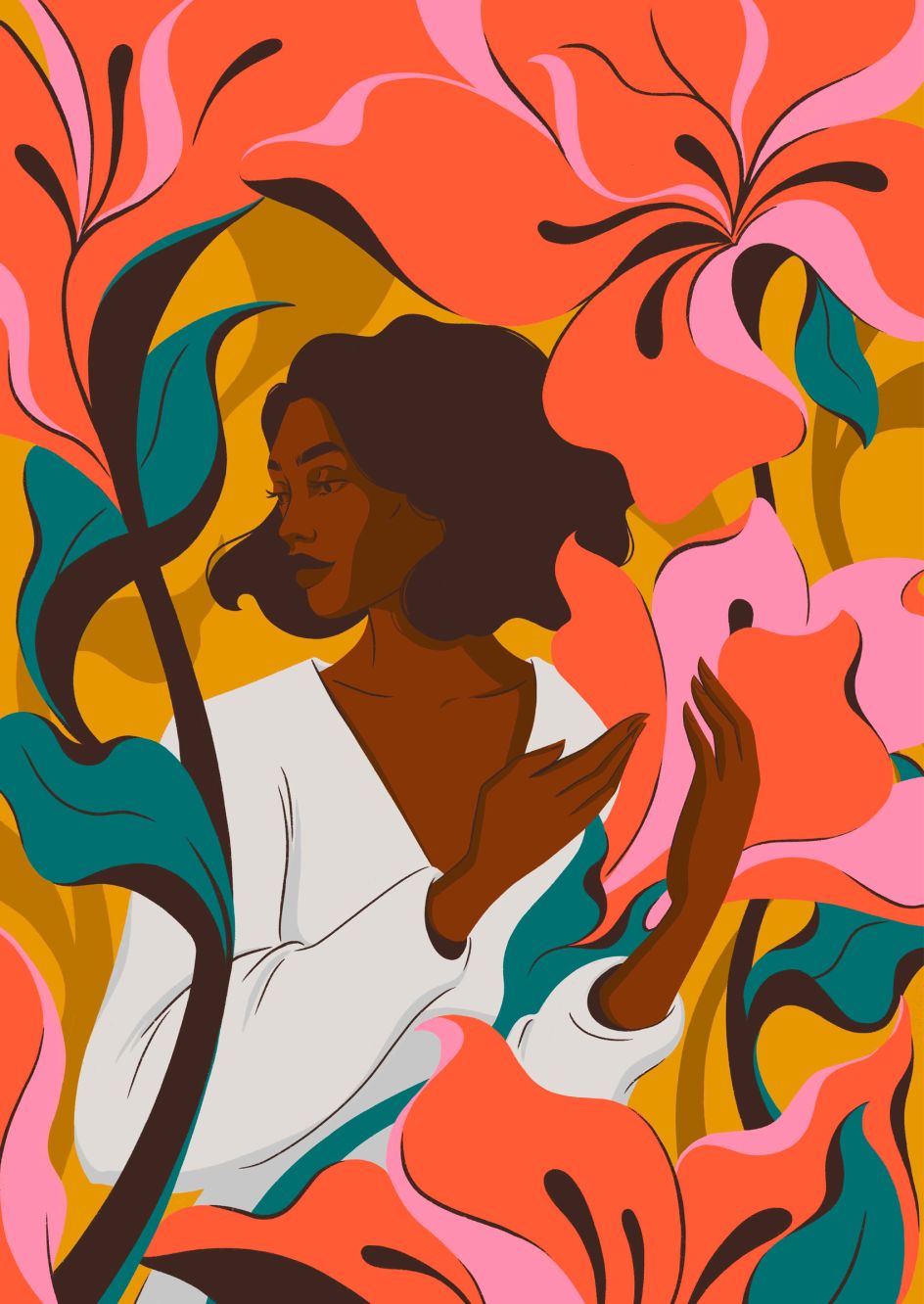
Looking at your illustration style, how would you describe it?
It's a space I'm still exploring. It feels like the beginning of an exciting journey. Illustration might be new to me, given I only got into it three years ago, but it follows from the painting I did during my Fine Arts degree at Leeds. When I stepped onto the career ladder, I was thrown into the world of marketing and graphic design – typography, layouts, brand and logos. There was an element of illustration but not much. Until one day, an illustrator came into our agency to help with storyboarding, and the penny dropped: Ah, this guy draws for a living. That's when I started to explore illustration more and integrate it into my skillset.
Around that time, my dad passed away, and I'd had a breakup, plus my mother was struggling with her mental health. I wanted to do something positive to help me cope, so I turned to illustration as a way of therapy. And I started an Instagram account that included drawings and thoughts on themes of mental health. My work had a lot of self-reflection, so there was an element of vulnerability and humility. It helped when others engaged and wrote about how they had the same challenges. It also attracted the attention of potential clients and made me realise I could become an illustrator. It was then that I started to explore my style. I love simple illustrations with simple compositions, line work and bold colours. I feel like I've got back into an old hobby, so I'm still exploring it.
You've come full circle – that's wonderful to see. It's been almost a decade since you graduated. What do you think you've learnt the most about yourself?
I find myself in the self-doubt camp way too often. I tend to think about all the things I want to do and all the ways I want to get better at what I do. Which is good, but I need to make time to recognise my current achievements and abilities - otherwise, that will hold me back in its own way. I've also learnt that it's ok to make mistakes and trust that I'll always figure it out. That's all any of us can hope for – that we do our best at the time.
